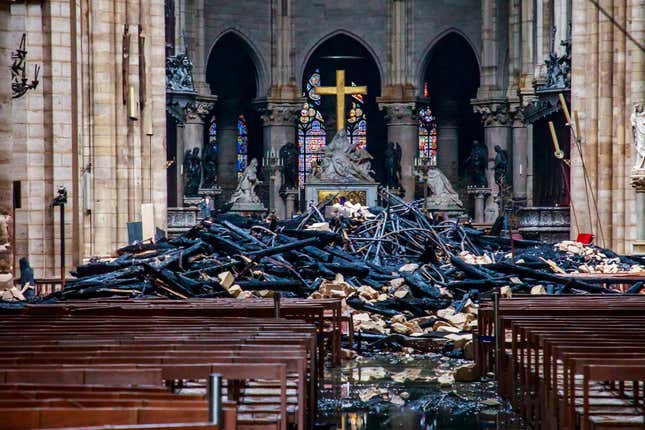
Police gun down so many black men, I can’t even recall which one is the impetus for this story. But a few years ago, after yet another one of us was mowed down in the street in cold blood, I arrived to my TV writers room in a less than pleasant mood.
I was tired.
Tired of senseless killings. Tired of auditioning for my humanity. Tired of white people’s shit.
The first two are indistinguishable from the DNA of the black experience, while the latter—as numerous reports have pointed out—would be completely unavoidable that day. Hollywood has gone to great lengths to tout its inclusion and diversity initiatives, yet as is often the case, I was the only black person to ever be found.
So upon arriving at the gate, I knew it was only a matter of time before one of our writers set me off. Because again, in mourning the loss of another black life, I was tired of white people’s shit. And a writers room’s natural resource will almost always be exactly that.
They congregated in the kitchen, pounding donuts and fawning over their Keurig God. Their chatter was buoyant—free of the burden I carried in another room. But by that point, I was used to being “othered”—as black folks, we all are—and believed my exile would finally be my saving grace.
Until she strolled in.
“Hey Jay,” she said.
“Good morning,” I offered reluctantly. She took the seat beside me in our conference room.
“Did you hear about what happened?” she paused. “The police officer who killed the—”
“I did.”
“Can you believe it? Can you believe someone would do something like that?”
I paused for a moment before stating the obvious: “Yes.”
“How do you do it, Jay?” she asked. She was imploring for eye contact, but I refused to acquiesce. “How do you not hate white people? How do you live in this fucked up world and experience the things you do and not hate us?”
It was painfully evident that white people’s shit was completely unavoidable that day, so I thought long and hard before I answering.
“I cling to the belief that those of you who know better will do better,” I said. “And I hold those people accountable.”
“But they kill kids!” she said, fraught with disbelief. “Not just grown men, but kids. Children! I couldn’t imagine my son—”
“Alright, guys!” our showrunner barged in the room, all smiles. He was completely oblivious to the conversation taking place. “We ready to get to it?”
That’s when it happened.
The pain in her face evaporated, and as if cured from her affliction, she was all smiles. I watched as the two of them erupted into laughter and joked, as if the conversation we were just having never occurred. I watched as her parade of pain revealed itself to be nothing but a mirage.
And that’s when I realized the clear distinction between sympathy and empathy. How white people sympathize with our plight, but don’t bear it. How they can turn away and excuse themselves from the grim realities of our perpetual suffering without batting an eye. How they don’t identify with our love affair with Frankie Beverly and Maze or our box braids, so our “anguish” is dismissed as a misnomer.
And why I’ll always be tired of white people’s shit.
So as Paris’ Notre Dame Cathedral burned on Monday, I wasn’t at all surprised by the prayers and largesse— the outpouring of concern for a building that likely took over a century to erect. Or the hundreds of millions of dollars that CNN reports poured in to expedite its restoration.
Nor was I surprised that the fundraising efforts of the Seventh District Baptist Association, who created a GoFundMe campaign to raise money for three historically black churches in Louisiana that suffered a similar—albeit potentially racially motivated—fiery fate, experienced an unexpected jolt.
After struggling to amass a mere $250,000 of its stated $1.8 million goal, donations have skyrocketed to $1.3 million (and counting) since the Notre Dame Cathedral was engulfed in flames.
This is not a coincidence, but it is a blessing. Right?
“It’s a blessing,” Rev. Gerald Toussaint, pastor of Mount Pleasant Baptist Church, told CNN. “It’s going to help our community. What the devil meant for bad, God’s going to turn it into something good.”
But it’s also a clear indication that far too often our pain is only acknowledged when it’s recognizable. Despite reports to the contrary, millions of people throughout the world concerned themselves with the domestic terrorism that’s crippled a South Louisiana parish only after the unfortunate set of circumstances that destroyed Notre Dame.
Which doesn’t negate their concern or contributions to the Seventh District Baptist Association, it just calls into question why now?
But we know the answer.
Because maybe, just maybe, their parade of pain is nothing but a mirage too.

